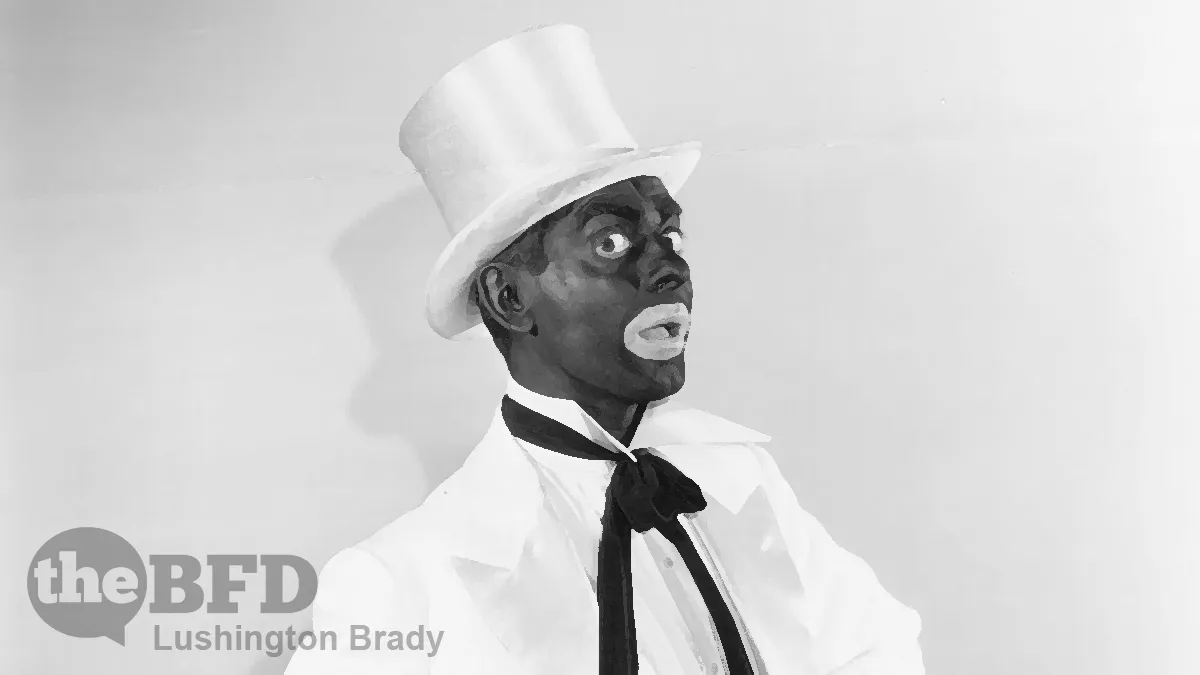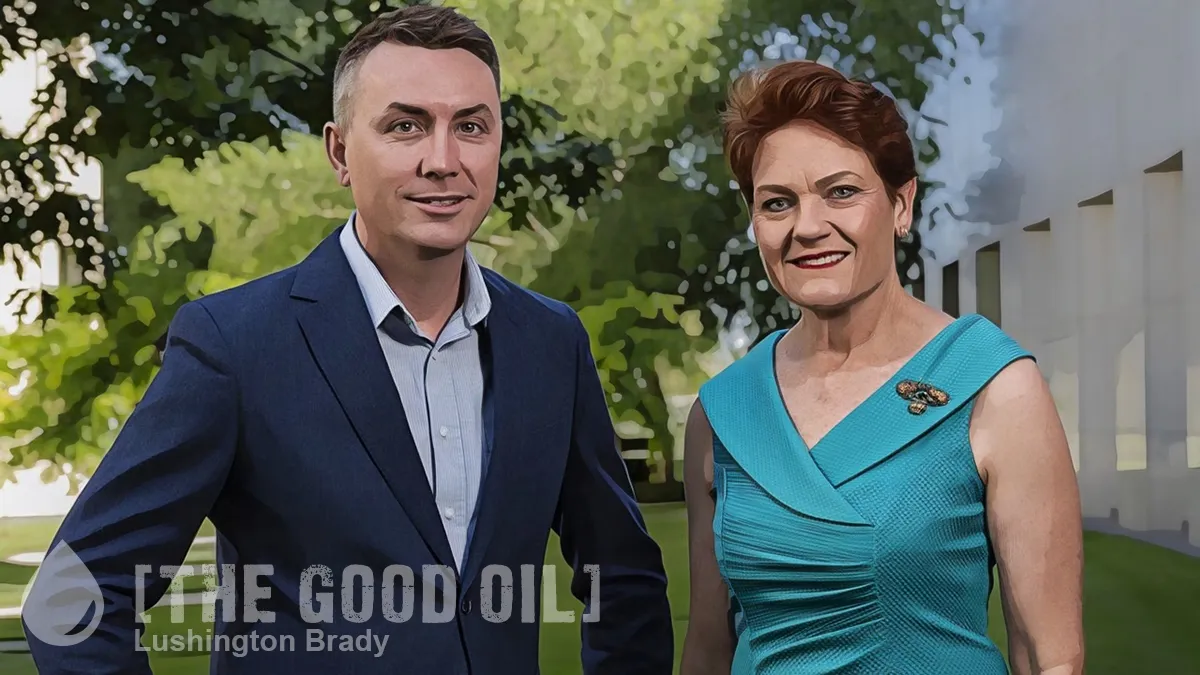Table of Contents
Remember Eric Von Daniken? The Hitler Diaries? The Protocols of the Elders of Zion? All of them were frauds which fooled a great many people for a very long time. Many people still are being willingly duped.
Then there’s Bruce Pascoe.
Pascoe has been resolutely exposed as a fraud. His risible fairytales about a supposedly advanced Aboriginal civilisation in pre-European Australia has been conclusively debunked by historians. His bogus claims to “Aboriginality” have likewise been torn to shreds by both genealogists and Aboriginal groups. But still, the left media and academics continue to be willingly duped by this lily-white hoaxer.
Even as he makes ever-wilder claims.
“We just have to rethink our agriculture because Aboriginal people were harvesting and processing those grains for 100,000 years,” Pascoe says.
The Age
Did neither the Age journalist or any of their editors pause for one second to question that? Read it again: Aborigines were supposedly harvesting and processing grain in Australia for “100,000 years”.
That is, at least 30-50,000 years before there were any Aborigines in Australia.
It was long thought Aboriginals were here for no more than 45,000 years, until Professor Chris Clarkson and others claimed in 2017 to have found a hearth at Madjedbebe, in the Northern Territory, that showed the occupation of Australia by “modern humans out of Africa … began around 65,000 years ago”.
Pardon? Two papers since, by Professor Emeritus Jim Allen and by nine scientists led by Distinguished Professor Emeritus James O’Connell, say they don’t believe it.
Like many such “facts”, an implausible claim is made, on the basis of tenuous and much-disputed evidence, by one or two academics — then the media, activists and politicians simply repeat the claim as indisputable fact, until it becomes conventional wisdom (in the true, pejorative sense that the term was coined by Galbraith).
In fact, it’s generally accepted that human beings like us – and Aboriginals – with our telltale genes from interbreeding with Neanderthals spread across Eurasia from Africa and Southwest Asia only about 50,000 to 55,000 years ago.
A group of 18 Aboriginal men even had their DNA tested with Family Tree DNA, and found their common ancestor lived 65,000 years ago, and not in Australia but probably still in the Horn of Africa.
But, hey, it’s just the vibe, the “truthiness” of the thing that counts.
Pascoe is not exactly renowned for his rigorous scholarship, of course. Dark Emu is based entirely on garbled and apparently deliberately misquoted cherry-picking from the journals of early explorers. From there, Pascoe spins wild fairy tales of Aborigines living in huge villages, practising widespread agriculture, and even inventing democracy.
No word, as yet, as to whether or not they discovered Antarctica.
His latest obvious baloney appears to be based on a typically willful cherry-picking of research which suggests that humans may have been foraging wild grains roughly 100,000 years ago — in Mozambique. Not Mallacoota.
Oh, well, at least it’s not as wild as claiming, as one Aboriginal “academic” did on national TV, that Aborigines have been in Australia “for millions of years”. That is, long before there were even humans in Africa.
And it’s certainly not as outlandish as the prices of Pascoe’s “wild foods”.
Even if you like the taste of kangaroo grass, it still costs a fortune because its yields are so low. One kilogram of wheat flour at Coles costs just $1.40, but one kilogram of kangaroo and spear grass flour from Pascoe’s farm is $360 – despite charities and taxpayers giving Pascoe more than $2m to help make it.
Herald Sun
P. T. Barnum was right.









